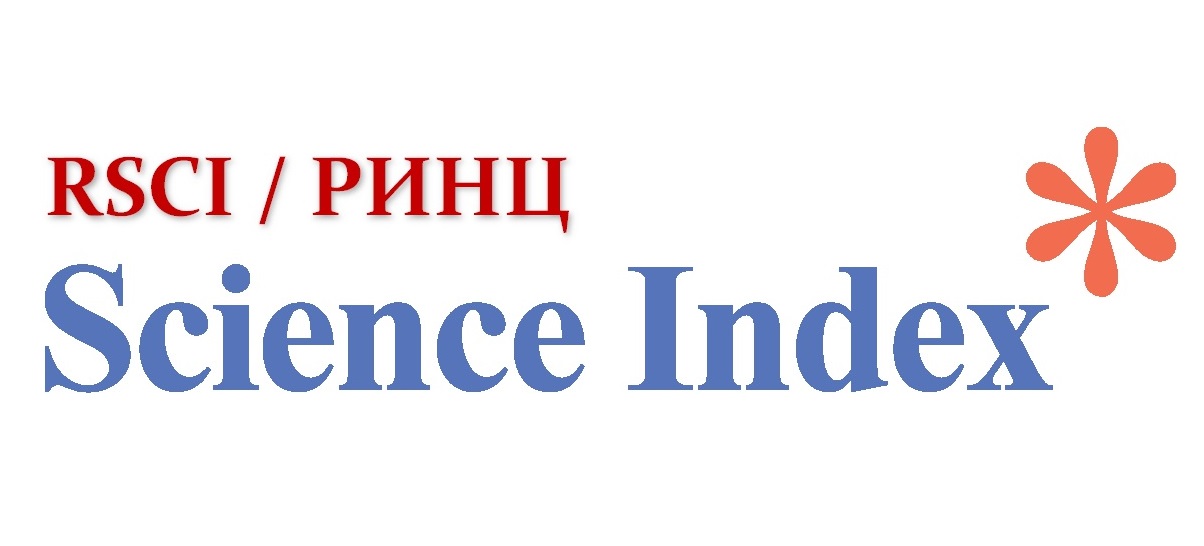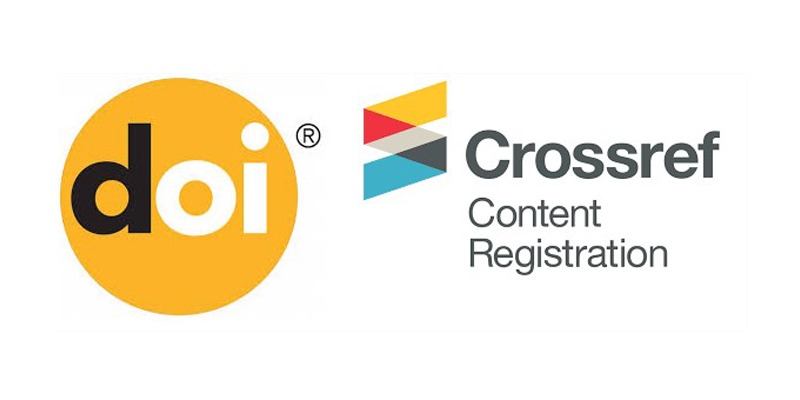Prospects for the development of digitalization in taxation
Views: 344 / PDF downloads: 199
DOI:
https://doi.org/10.32523/2789-4320-2025-3-227-241Keywords:
taxes and other mandatory payments, digital technology, electronic services, electronic invoice, information system projects, shadow economyAbstract
This article provides a comprehensive analysis of the current state and future prospects of digitalization in taxation, with a specific focus on the case of Kazakhstan. The purpose of the research is to evaluate the role of modern digital technologies such as artificial intelligence, blockchain, big data analytics, and electronic services in enhancing tax administration efficiency, improving transparency, reducing the shadow economy, and creating favorable conditions for taxpayers. Methodologically, the study applies comparative analysis, system analysis, forecasting, and dynamic assessment, supported by international benchmarking. The paper reviews major digital projects implemented in 2024, including e-Salyq Business, e-Salyq Azamat, electronic invoicing systems, the “e-Qarzhymin” integrated platform, and the “Treasury-Client” service. Statistical indicators demonstrate that these initiatives have accelerated payment processes, reduced administrative costs, and increased overall tax revenues.
The findings indicate that digitalization of taxation is not limited to technical modernization but represents a strategic driver for sustainable economic development. It strengthens citizens’ trust in government institutions, improves budgetary stability, supports small and medium-sized enterprises, and aligns Kazakhstan’s tax system with international best practices. The conclusions of the study emphasize that expanding digital solutions in taxation is essential for reducing the shadow economy, ensuring equitable tax collection, and improving Kazakhstan’s global competitiveness. The article ends with recommendations aimed at optimizing digital transformation policies in tax administration.
Downloads
Downloads
Published
How to Cite
Issue
Section
License
Copyright (c) 2025 Н. Хамитхан, Р. Бекбулатова, Ш. Ниязбекова

This work is licensed under a Creative Commons Attribution-NonCommercial 4.0 International License.






